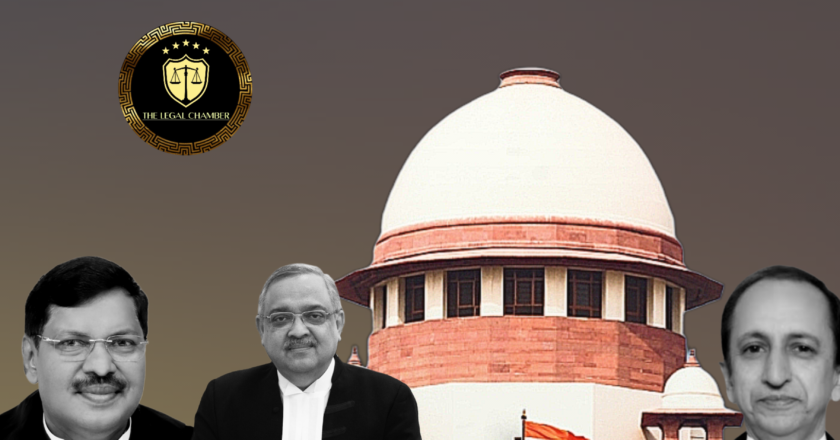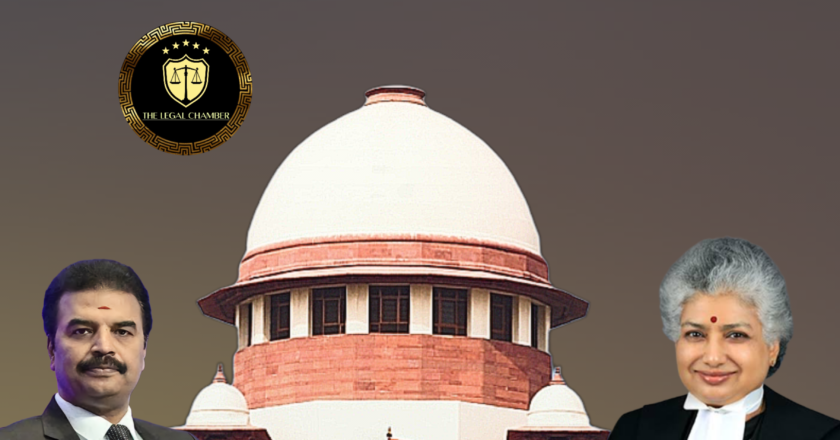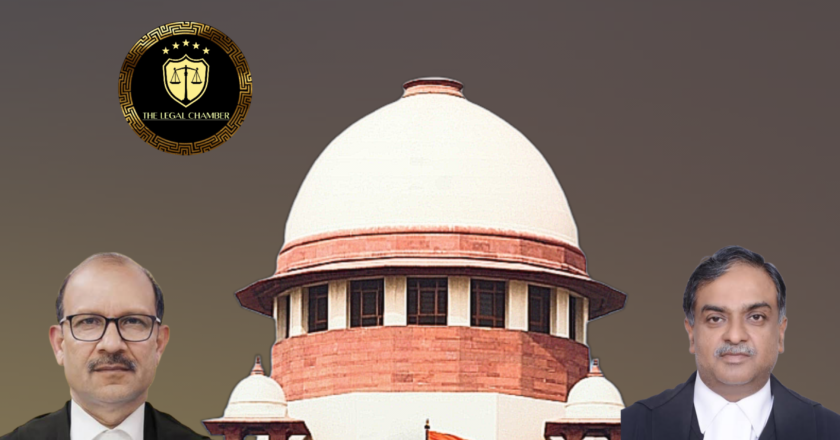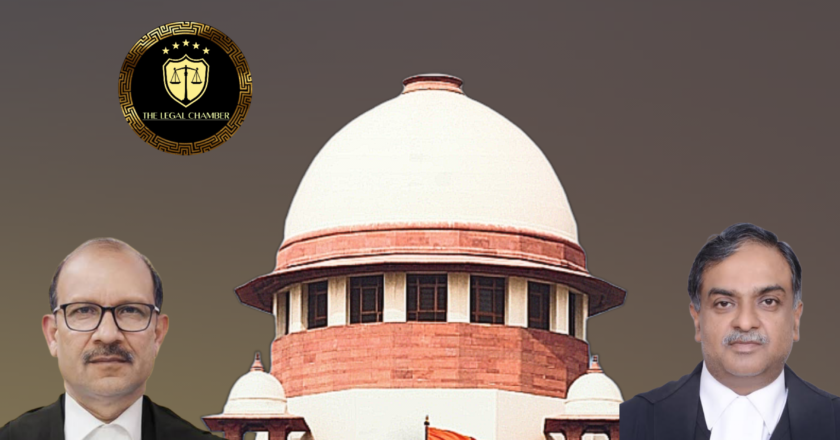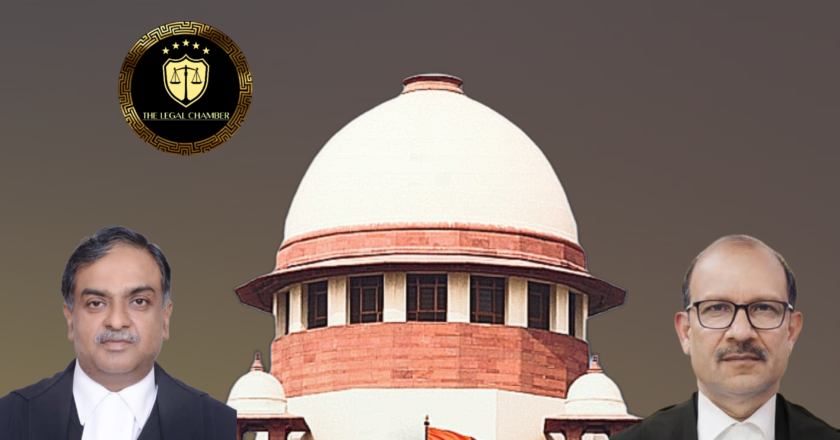Decade-Long Separation Ends: Supreme Court Grants Divorce Under Article 142
The Supreme Court invoked Article 142 of the Constitution to dissolve the marriage on grounds of irretrievable breakdown. It awarded Rs. 1 crore as permanent alimony and full settlement of all claims, quashing all related proceedings. The decree was conditional upon payment within three months.
Facts Of The Case:
The marriage between Rekha Minocha (appellant-wife) and Amit Shah Minocha (respondent-husband) was solemnized on October 5, 2009. The wife alleged mental and physical harassment by her in-laws, leading her to leave the matrimonial home on April 15, 2010. While residing at her parental home, she gave birth to their son on December 28, 2010. Subsequently, she initiated legal proceedings, including an application for maintenance under Section 125 of the CrPC in 2013 and a case unde...


